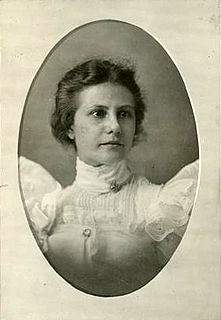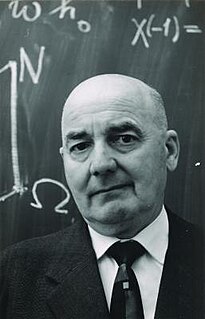Hasse is both a surname and a given name. Notable people with the name include:
Surname:
- Clara H. Hasse (1880–1926), American botanist
- Johann Adolph Hasse (1699–1783), German composer
- Helmut Hasse (1898–1979), German mathematician
- Henry Hasse (1913–1977), US writer of science fiction
- Maria Hasse (1921–2014), German mathematician
- Peter Hasse (c. 1585–1640), German organist and composer

Clara Henriette Hasse was an American botanist whose research focused on plant pathology. She is known for identifying the cause of citrus canker, which was threatening crops in the Deep South.

Johann Adolph Hasse was an 18th-century German composer, singer and teacher of music. Immensely popular in his time, Hasse was best known for his prolific operatic output, though he also composed a considerable quantity of sacred music. Married to soprano Faustina Bordoni and a great friend of librettist Pietro Metastasio, whose libretti he frequently set, Hasse was a pivotal figure in the development of opera seria and 18th-century music.

Helmut Hasse was a German mathematician working in algebraic number theory, known for fundamental contributions to class field theory, the application of p-adic numbers to local class field theory and diophantine geometry, and to local zeta functions.
Given name or nickname:
- Hans Alfredson (born 1931), Swedish actor, film director, writer and comedian
- Hans Backe (born 1952), Swedish football manager
- Hasse Borg (born 1953), Swedish footballer
- Hasse Börjes (born 1948), Swedish speed skater
- Hasse Ekman (1915-2004), Swedish film director and actor
- Hans Wind (1919–1995), Finnish flying ace

Hans Folke "Hasse" Alfredson was a Swedish actor, film director, writer and comedian. He was born in Malmö, Sweden. He is known for his collaboration with Tage Danielsson as the duo Hasse & Tage. His most celebrated contribution to their brand of humorist humanism was his ability to extemporize wildly absurd comic situations, for example in the Lindeman dialogues.

Hans "Hasse" Backe is a Swedish former football player and unattached manager who most recently led Finland's national team. Prior to this he managed the New York Red Bulls.
Hasse Kristian Borg is a former Swedish football defender who represented his country at the 1978 FIFA World Cup. He played for Örebro SK, Eintracht Braunschweig and Malmö FF. Borg was director of sports for Malmö FF between 1999 and 2009. He is now working for the club as a consultant.


